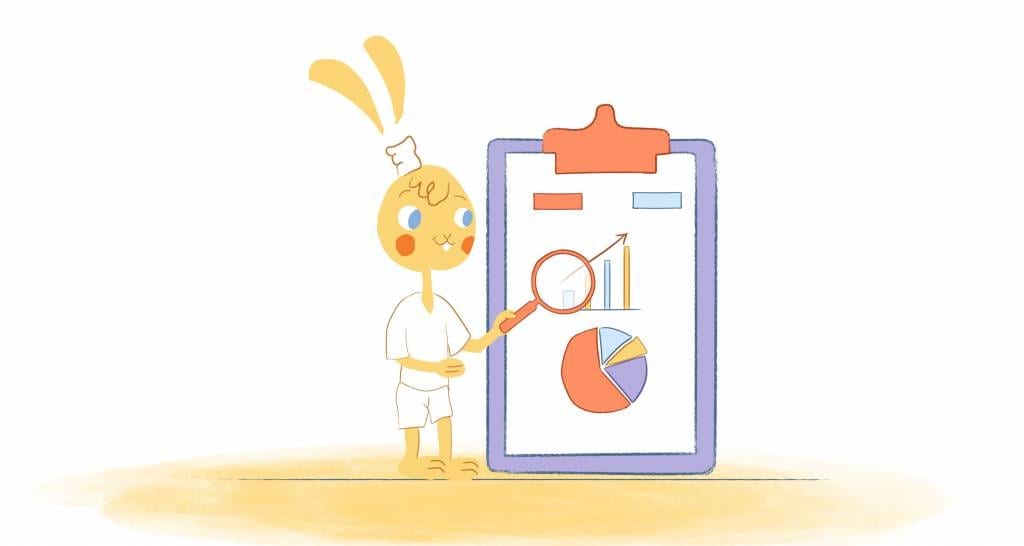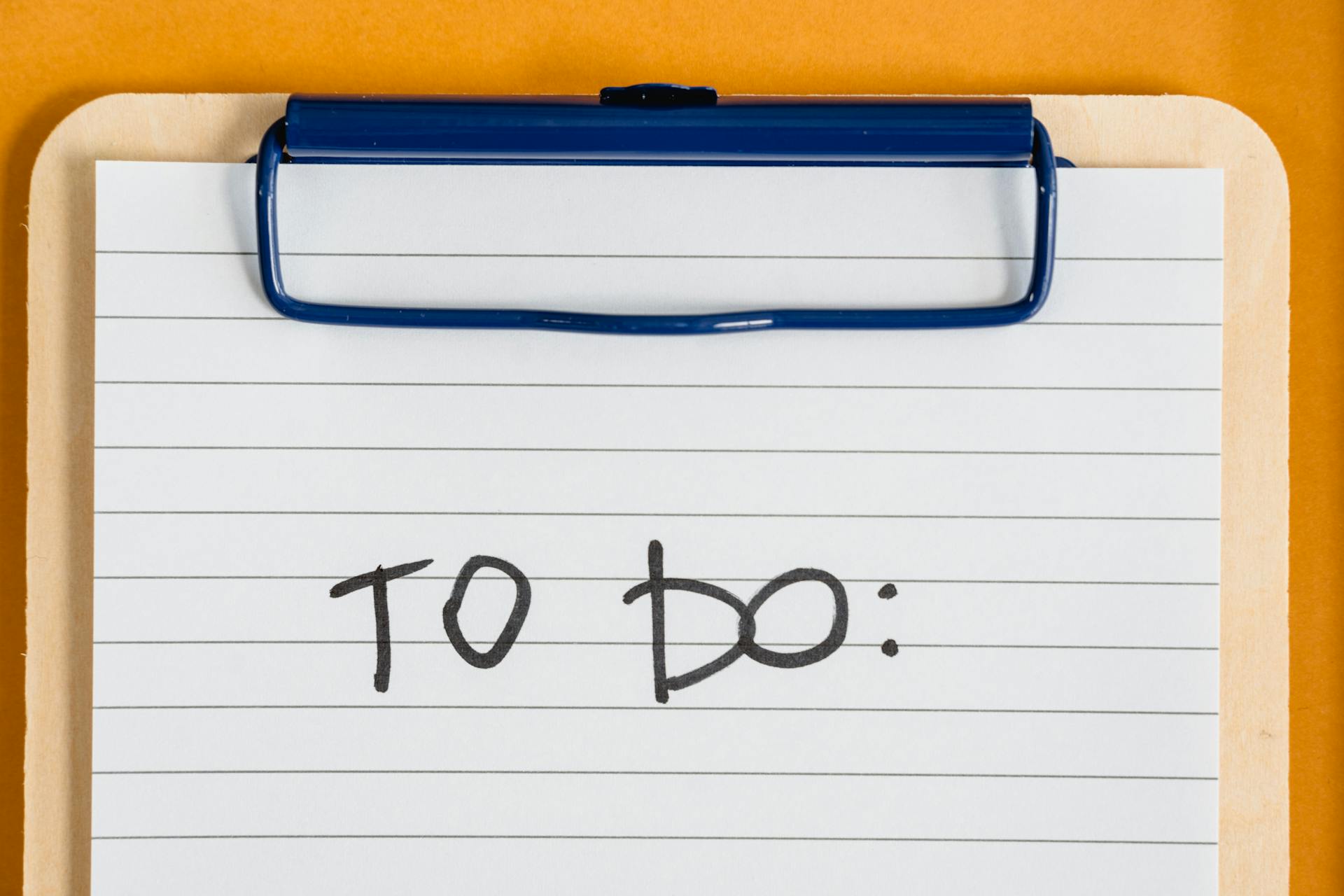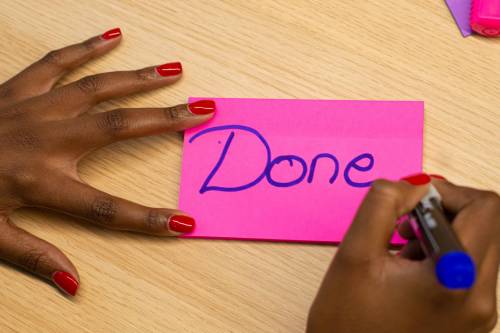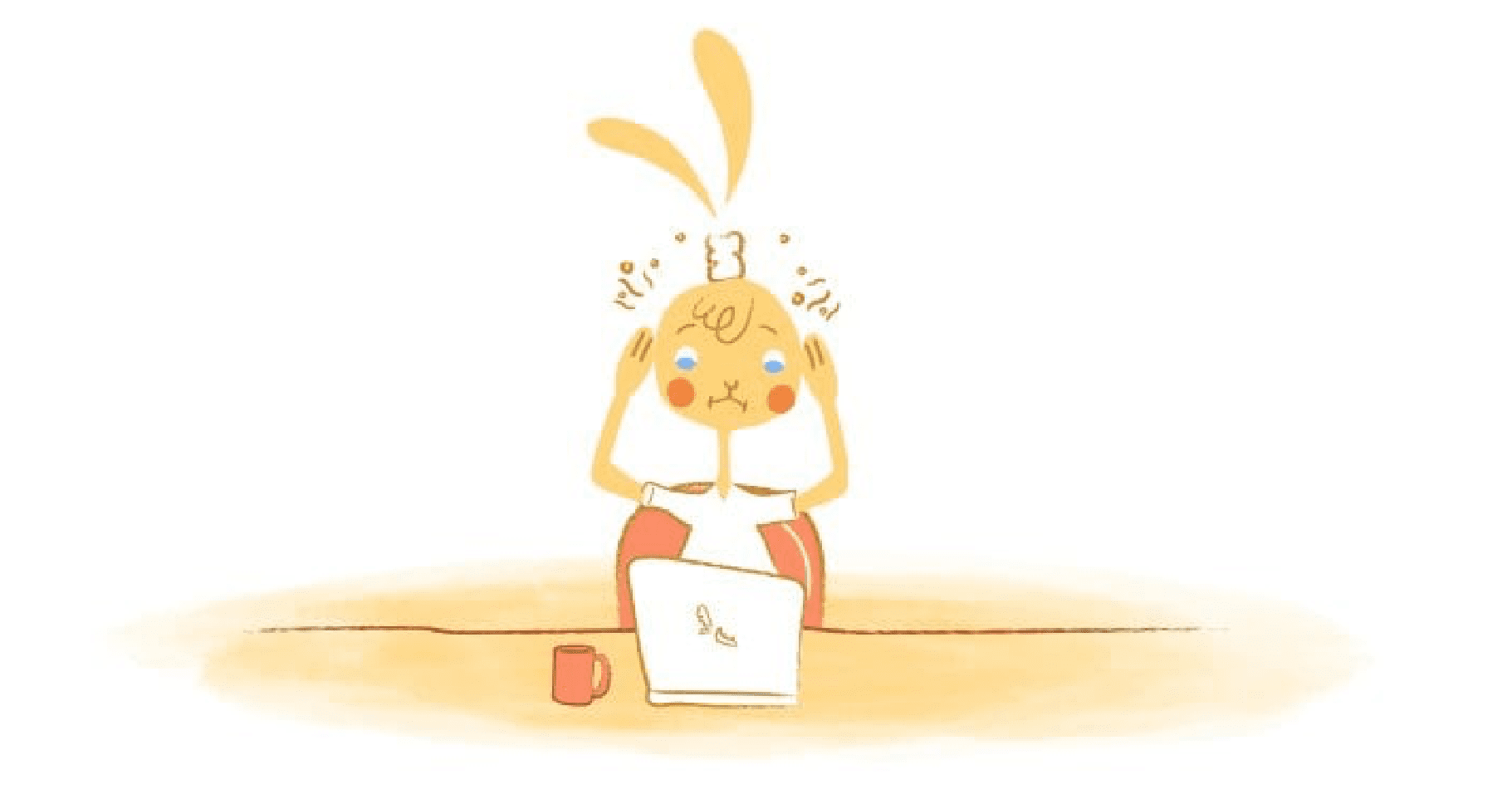

Take a moment and search for productivity tips. After you’ve glanced over a couple of articles I’m sure that you’ll see much of the same advice — such as waking up earlier and organizing your email. Some articles may have even included some off-the-wall tips like looking at pictures of kittens.
Most of this advice isn’t terrible. In fact, these productivity tips can all be helpful. However, they’re based on personal experiences and sometimes dodgy research — even anecdotal. Again, that doesn’t mean they’re ineffective. It just means that there isn’t much evidence to back-up how effective these techniques can boost your productivity.
Let’s add a few science-based hacks to boost your productivity.
The good news is that science has found numerous ways to make you more productive. Here are twelve of my favorites.
1. Know your peak times.
As mentioned above, many experts say that if you want to be productive then you need to wake-up bright and early. Here’s the thing; not all of us are morning people. Some of us are night owls. This isn’t a preference either. It’s because of your genes.
Instead of forcing yourself to work when you’re not at peak performance, find your biological prime time and base your schedule around that.
Managing time – and – attention.
“The most productive people don’t just manage their time well, they also manage their energy and attention well,” writes Chris Bailey, author of “The Productivity Project.” “Rearranging your day around when you have the most energy is one simple way to work smarter instead of just harder.”
How can you find your BPT? Bailey found his by cutting out caffeine and alcohol from his diet — eating as little sugar as possible — and waking up without an alarm. He did this daily for three weeks by keeping a log where he recorded his energy levels every hour.
Perform a test on yourself.
After the three weeks, Bailey found that his biological prime times were between 10 a.m. and noon — and five to eight p.m. Knowing this, he adjusted his schedule so that he worked on his highest-impact and most meaningful tasks during his peak performance hours.
When Bailey’s energy levels dropped worked on lower-impact tasks, such as organizing your inbox.
You can also use a productivity tracker to determine when you’re most productive. These programs run in the background of your computer and monitor your activities throughout the day. After a couple of days you should be able to notice trends that show when you’re most productive throughout the day.
2. Take regimented breaks throughout the day.
A study conducted by the Draugiem Group shows that their most productive employees took regimented breaks throughout the day. They did this by working without interruption for 52 minutes and then taking a 17-minute break. However, other studies have found that you should work for 90-120 minutes and then take a 25-minute break because of Ultradian Rhythms.
Consistent breaks.
Ultimately, it’s not the exact amount of minutes that work and break. It’s that you take consistent breaks throughout the day so that your brain can rest and recharge. Ideally, you should spend these breaks unplugging and doing something like meditating, walking outside, or chatting with your colleagues.
3. Just get started.
We’ve all been here before. You have an article, email, or report to write. But you just can’t get “in the zone.” You end-up procrastinating and wasting a ton of time. Thankfully, there is a way to conquer this; just get started.
According to research from Dr. John Bargh, when we begin working on a big project our minds try to “stimulate” real productive work by focusing on small and mindless tasks just to pass the time. That explains why you clean the dishes, do the laundry, return emails, or organize your desk instead of cranking out your most important work.
Just get started.
To get over this hump, you just need to get started. Once you do you’ll want to complete the task thanks to the Zeigarnik Effect. According to Social Psychology and Human Nature, the Zeigarnik effect is “the tendency to experience intrusive thoughts about an objective that was once pursued and left incomplete.”
“Stick-it,” Zeigarnik.
In other words, when you don’t complete a task, it creates mental tension. As a result, any unfinished tasks will remain at the forefront of your memory, meaning you can’t focus on anything else.
Or…”Just Do It.”
The next time you’re procrastinating, follow the advice of Nike and “Just do it.” Once you get the ball rolling, you’ll be compelled to get it done.
4. Stop multitasking.
The human brain wasn’t meant to multitask. What’s more, research has found that multitasking makes us less efficient and may hinder brain functions.
One study out of the University of Michigan shows that when we multitask we’re actually spending more time completing these tasks because we’re “turning off” one set of cognitive rules in order to make room for new ones.
How to lower your attention span.
Stanford University has found that multitaskers have lower attention spans, while the University of Sussex reports that multitasking impacts cognition and social-emotional well-being.
Instead of trying to do two or three things at once, focus on one thing at a time. Once completed, move on to something else.
5. Create a “super to-do-list.”
The folks over at Psychology Today recommend that you create a “super-to-do-list” if you want to become more productive. This involves the following steps:
- Break down larger project into specific tasks.
- Create a sense of urgency by designating tasks as “must do,” “should do,” or “could do.”
- Be specific about where and when you’ll complete the task.
- Review what you accomplished at the end of the day and transfer what didn’t get done to tomorrow — make sure you reprioritize.
6. Take a power nap.
As noted in a Gizmodo article, science has found that power naps “boost our brains, including improvements to creative problem solving, verbal memory, perceptual learning, object learning, and statistical learning.” Naps can also improve our moods and are “good for our heart, blood pressure, stress levels, and surprisingly, even weight management.”
Ideally, power naps should be taken at the same time every day (usually between 1:00 to 4:00 PM) and should last between 10 and 30 minutes.
7. Optimize your work environment.
Your work environment definitely plays a major role in your productivity. After all, if your office is too uncomfortable or full of distractions, it’s going to be difficult for you to focus and remain productive.
With that in mind, here’s some suggestions on how to make your work environment more conducive to productivity:
- Paint over those whites walls. It’s been found that white walls can cause you to make more errors. Consider colors like red, blue, green, or yellow.
- Keep the temperature at 77 degrees. This will make you work faster and more accurately.
- Let in as much natural light as possible.
- Bring-in plants.
- Invest in a standing desk and ergonomic furniture.
- Block out background noise with either noise-cancelling headphones, music, or nature sounds.
8. Exercise regularly.
Regular exercise isn’t just good for your mentally and physically, it can also make you more productive. Briston University conducted a study that found that on the days that employees exercised they were 21% more productive. While another study found that fitness “significantly impact[s] employee work performance.”
What kind of exercise should you do? Keep it simple. Walking, yoga, dancing, and golf are some of the better exercise options if you want to improve your productivity, as opposed to more vigorous workouts.
9. Listen to music.
Throughout the years music has been found to make repetitive tasks easier, drown-out distracting background noise, improve your focus, and get the creative juices flowing.
More recently, research from Teresa Lesiuk, an assistant professor in the music therapy program at the University of Miami, found that those who listened to music completed tasks faster and had better ideas.
There is one caveat. Listening to music with lyrics can be distracting. Popular music in particular can even interfere with information processing and reading comprehension.
So, what kind of music should you listen to? It’s suggested that you listen to classical, epic, or video game music. If you’re feeling stressed, crank up an ambient soundtrack. Of course, you also can’t go wrong with the sounds of nature.
10. Stop “information-seeking behavior.”
We know that distractions, are well, distracting. But why are these distractions so effective in getting us off track? It’s because our brains crave information. Scientists refer to this as “information-seeking behavior” where dopamine neurons treat information as a reward. That’s why you have to open that email, read that text message, or get drawn-in to a clickbait article on Facebook. Your brain just needs to know.
One way to stop this “information-seeking behavior” is by closing window tabs that you aren’t using, turning off all notifications, or leaving your phone in another room.
11. Follow a stable schedule.
When you don’t feel like you have enough hours in the day to get everything accomplished you become overwhelmed. As a result, your productivity declines. In fact, one study found that there’s a 68 percent decrease in productivity for those who feel overwhelmed. On the flipside, those who have a stable schedule experienced a 5 percent increase in productivity.
Here’s a couple of tips on creating a more daily stable schedule:
- Develop a morning routine so that you start your day calm, cool, and collected. This includes exercising, eating breakfast, checking your email, and reviewing your schedule.
- Complete your most important work first.
- Be realistic and know your limitations. Trim down that lengthy to-do-list to just three or four items.
- Plan for frequent breaks throughout the day.
- Have set “office” hours and disconnect from work during “off” hours.
12. Change your bad habits, instead of eliminating them.
We’ve all developed bad habits that prevent us from being as productive as we should be. It could be checking your inbox or Twitter feed every half hour to not creating an agenda for an upcoming meeting. Some experts say that in order to correct this problem you need to completely ditch those bad habits.
Charles Duhigg, a Pulitzer-prize winning reporter who has spent years researching how habits control our lives, says that instead these habits need to be changed.
Do you know your why?
Duhigg arques that we’ve developed these habits because it makes it easier for us to do the things that we’ve always done. For example, you might be checking your inbox so frequently because if you don’t it will become too cluttered and unmanageable.
His research has found that people have more success in changing a habit then by eliminating it. The reason? We get an award whenever we scratch that inbox. So, when you’re at inbox zero, a neural pathway is created in your brain.
There are ways to make significant – easy – changes.
Every time then that you’re at inbox zero, that pathways gets thicker and thicker. The thicker the pathway is, the easier it is for impulses to travel down this pathway. So, by eliminating this habit, you’re essentially trying to use willpower to demolish a neural pathway. That’s no easy task.
Duhigg suggests that you change these bad habits by:
- Diagnosing the “cue” or urge that triggers the habit.
- Diagnosing the reward you receive from completing the habit.
- Replacing the habit with an activity that triggers the old cue and delivers the old reward.
For example, if you can’t stay away from social media because you’re afraid you’ll miss out in breaking news involving your industry, then you could replace it with an RSS feed containing industry-relevant articles. This way you aren’t missing out on any information, but aren’t tempted to keep checking your social accounts every hour.











John Rampton
John’s goal in life is to make people’s lives much more productive. Upping productivity allows us to spend more time doing the things we enjoy most. John was recently recognized by Entrepreneur Magazine as being one of the top marketers in the World. John is co-founder and CEO of Calendar.